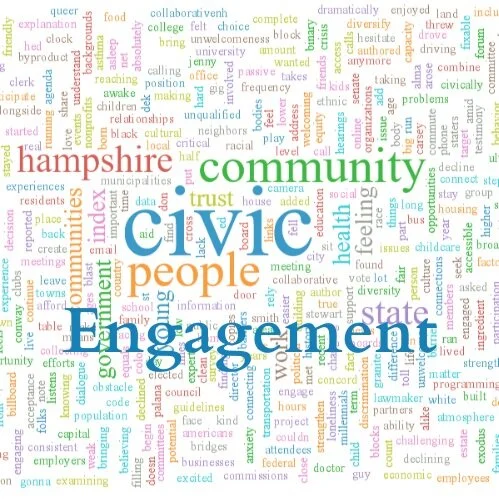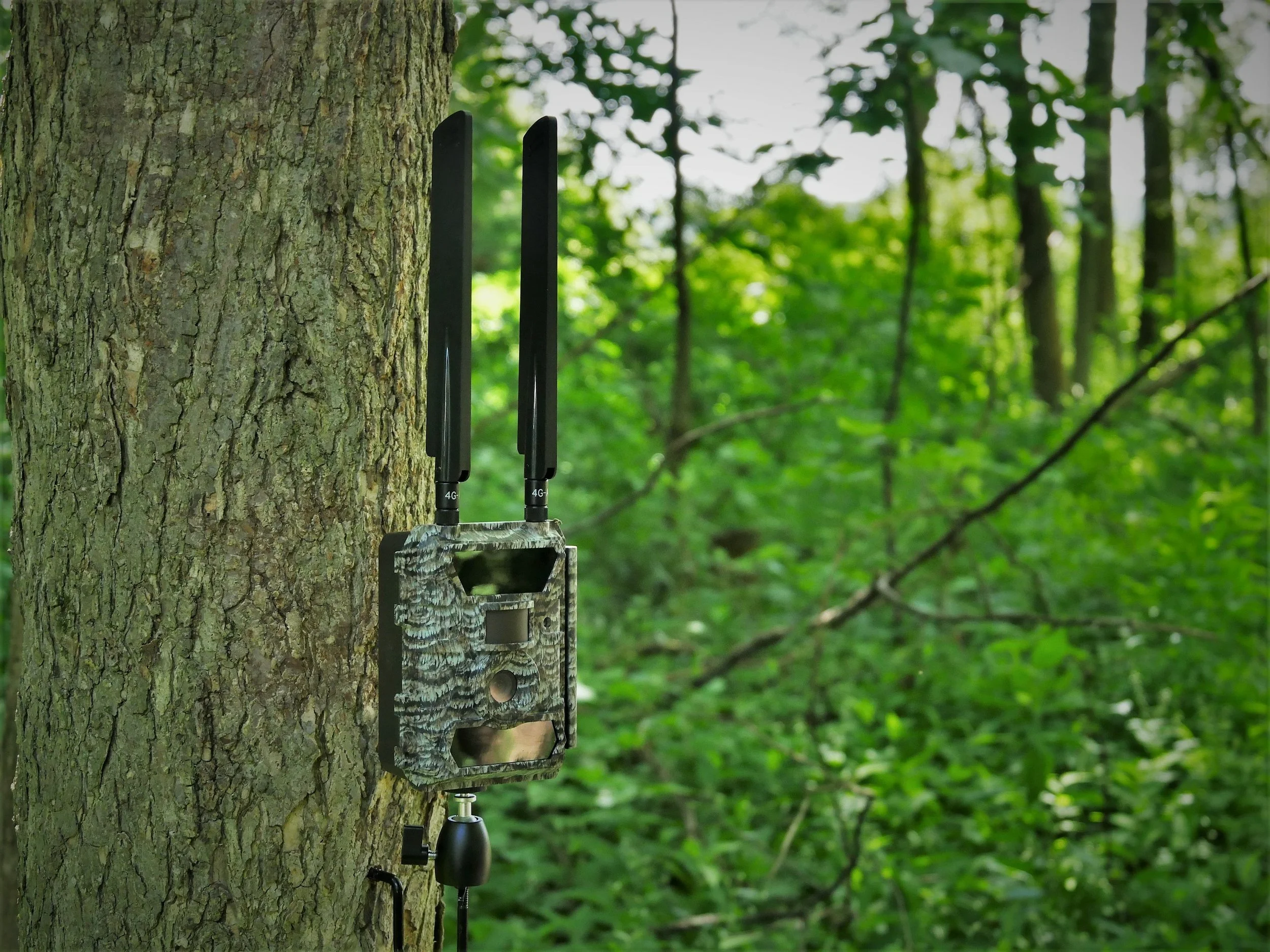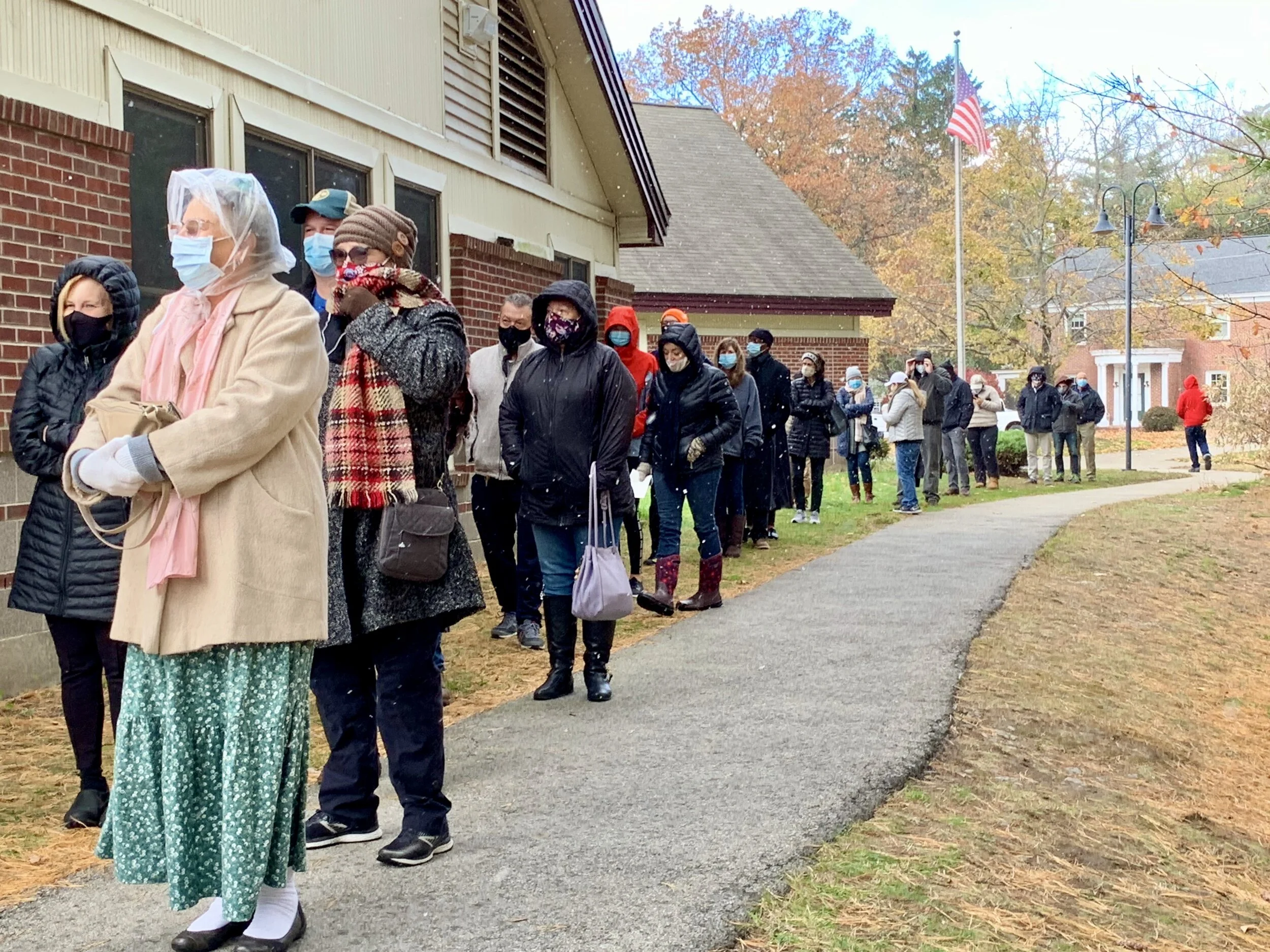The waters off the New Hampshire coast boast an abundant lobster population which has made the Granite State home to some of New England’s best seafood restaurants. For some, nothing says “summer” quite like a lobster roll. A bill before the New Hampshire Legislature would make it legal for scuba divers to catch lobsters recreationally by issuing a special license. However, some worry the legislation could have unintended consequences for the environment and the commercial lobster industry.
Should NH repeal a law requiring embalming?
For millennia humans have used different methods to preserve the deceased, from Egyptian mummification to modern embalming. While embalming is common in the United States, there is growing interest in “green burials” and other alternative body dispositions that reject embalming. Now the New Hampshire Legislature is deciding whether to repeal a law on the books that requires embalming in some circumstances.
Should NH prohibit the sale of cosmetic products tested on animals?
In 2018, California passed the Cruelty-Free Cosmetics Act, which banned the sale of animal-tested cosmetics. Since then, eight other states have followed suit, including Maine, as well as 41 foreign countries. Now, New Hampshire is considering SB 202, a bill that would ban cosmetics manufacturers who employ animal testing from selling their products in the Granite State. Listen as hosts Anna Brown and Mike Dunbar, of Citizens Count break it down in $100 Plus Mileage. This podcast is produced in partnership with Citizens Count, Granite State News Collaborative and The Marlin Fitzwater Center for Communications at Franklin Pierce University.
Does NH need to do more to get lead out of school water?
In recent years Granite Staters have seen many headlines about PFAS in water, but there is an older contaminant still lurking in New Hampshire’s plumbing: lead. Four years ago New Hampshire passed a law aimed at fighting lead poisoning in homes, daycares, and schools. Now legislators are debating whether the testing requirements do enough to protect children from lead in school water.
Should NH crack down on roadside memorials?
You’ve seen them as you drive down the highway: wooden crosses or other homemade monuments on the side of the road memorializing someone who passed away in a car accident. These memorials occupy a legal gray zone in New Hampshire, but that hasn’t stopped them from becoming commonplace and increasingly ornate. A bill in the Legislature would crack down on roadside memorials and direct Department of Transportation workers to dispose of them 90 days after the incident.
Does NH need a law on game cameras to protect privacy, “fair chase” hunting?
From spotting prize bucks to capturing porch pirates, cameras have become an increasingly popular tool for hunters and everyday homeowners. However, some wildlife protectors argue live cameras are unethical, while privacy advocates are leery of hunters surveilling private property. Earlier this year the New Hampshire House of Representatives passed a bill to add regulations on how hunters can use game cameras. The next step is a public hearing before the Senate Energy and Natural Resources committee.
Should NH create an easier process outside the courts for right-to-know complaints?
The New Hampshire Constitution guarantees a right to access government records and the state’s right-to-know law puts this right into practice. If an official blocks access, however, a citizen has to file a lawsuit to resolve the complaint. This year the Legislature is considering a new way to handle right-to-know complaints: the Right-to-Know Ombudsman.
Should NH voters be allowed to wear political clothing at polling places?
New Hampshire law forbids wearing political clothing at polling places. Hats, t-shirts, or other garments that advocate for or against any candidate, political party, or measure being voted on are prohibited. Now legislators are considering repealing that ban, allowing voters to wear articles of clothing advertising their political beliefs. Some worry this could have unintended consequences, however.
Should NH increase the fine for littering?
Chances are, you can’t drive down any street in your neighborhood without being confronted by this issue: litter. New Hampshire is famously picturesque, but it seems many are intent on changing that given the number of discarded cans and fast food bags strewn along our roadsides. Now, some legislators in Concord say it’s time to increase the penalties for littering, and they’ve introduced two bills to do just that: HB 1461 and HB 1571. Still, some say the legislation goes too far.
Should NH bar employers from using credit history in employment decisions?
In the coming weeks the New Hampshire House of Representatives will vote on HB 1385, a bill that aims to prohibit employers from using credit history in employment decisions. This is not the first time the New Hampshire Legislature has voted on this idea; similar bills got a vote in 2020, 2019, 2017, 2015, and 2014. Each year, opponents argued that employers should be able to use credit history as a measure of a person’s responsibility. Advocates argue the practice unjustly locks low-income residents into a cycle of debt.
Should parents be allowed to teach driver education?
During the COVID-19 emergency Gov. Sununu allowed parts of driver education to take place online or with a parent. Those adjustments ended along with the state of emergency, but some legislators believe the allowances should go even further. Ten state legislators are sponsoring a bill that would let parents provide all of driver education instead of enrolling their teen in an approved course.
Should NH adopt ranked-choice voting?
You walk into the voting booth with a conundrum on your mind: the electoral field is crowded and your first-choice candidate might not win. You worry that by voting for your first-choice candidate, you will help split the vote and your least favorite candidate will benefit. This year, New Hampshire legislators are considering a switch to ranked-choice voting to help address this issue.
In fact, the New Hampshire Legislature is considering three different pieces of legislation that would institute ranked-choice voting in one form or another.
A tale of “Crookies and Cream”: Should NH allow raw milk ice cream?
It’s legal to sell raw, unpasteurized milk in New Hampshire, but if you put that milk in an ice bucket and churn it you just might find yourself on the wrong side of the law.
The sale of raw milk ice cream may seem inconsequential, but this is the third year in a row that the state Legislature is debating whether it should be legal.
Should NH ban cat declawing?
Anyone who has ever owned a cat knows they can be moody creatures—accepting a gentle pat one minute, thrashing their claws at you the next. To avoid this, some cat owners take their cats to the vet to have their claws removed, but animal rights advocates deeply oppose this practice. This year, the Legislature will consider HB 1226, which would ban cat declawing. The surgery would become a misdemeanor; there would, however, be an exception to the ban if there was a medical reason for declawing the cat.
What would it look like if NH seceded?
For many years a group of Libertarians in New Hampshire have advocated for the Granite State to secede from the nation. This year the Legislature will formally debate the issue. Democrats and Republican leaders have condemned the idea of secession, but if 2020 and 2021 have taught us anything, it is to expect the unexpected. This article breaks down the mechanics and consequences of the unlikely proposal to form the nation of New Hampshire.
In NH, bills “by the people” are a reality
You may have heard the adage “democracy is not a spectator sport,” but what about “democracy is a four-season sport”? Every other year we hear the call (literally, on our phones) to get out and vote, but citizens have many opportunities to get involved in their government outside election season. Any person can show up to testify at a public hearing at the state Legislature, write their representatives to voice an opinion on a bill, or pen a letter to the editor. Granite Staters can also ask their legislators to sponsor bills on their behalf. Anyone can have an idea to make our state a better place, from the animals in your backyard to the sentences in our courts. Here is the story of some of New Hampshire’s citizen-led bills to inspire you.
What it takes to make a difference
Lower civic health, which is a measure of the civic, social and political strength of a community, equals less equity and democratic participation, engagement experts say. That lack of participation means organizations and municipalities alike are having trouble filling seats on boards and committees, leading to less people making the big decisions on a community’s behalf.

















